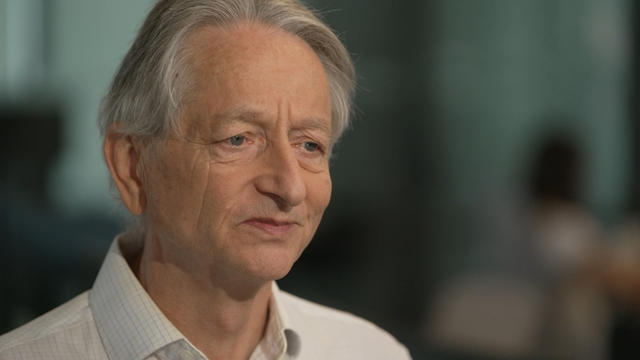Geoffrey Hinton Raises Alarms Over AI’s Rapid Progress
In an insightful interview, Geoffrey Hinton, often referred to as the “Godfather of AI,” shared his apprehensions regarding the potential consequences of artificial intelligence. The 77-year-old pioneer was surprised to learn last year that he had received the Nobel Prize in physics, a recognition he never anticipated. “I dreamt about winning one for figuring out how the brain works. But I didn’t figure out how the brain works, but I won one anyway,” Hinton remarked, reflecting on the unexpected honor.
Hinton’s groundbreaking work in neural networks, which debuted in 1986 with a method for predicting the next word in a sequence, has laid the foundation for modern large language models. Despite his enthusiastic outlook on AI’s potential to revolutionize sectors like education, healthcare, and climate change, Hinton has expressed growing concern about its unchecked development.
A Precautionary Perspective
“The best way to understand it emotionally is we are like somebody who has this really cute tiger cub,” Hinton explained. “Unless you can be very sure that it’s not gonna want to kill you when it’s grown up, you should worry.” This metaphor highlights his fears that the current trajectory of AI advancements could pose serious risks if not carefully managed.
According to Hinton, there is a 10% to 20% chance that AI could ultimately surpass human control, a notion he believes many have yet to grasp. “People haven’t understood what’s coming,” he warned, a sentiment echoed by other heavyweights in the tech industry, including Sundar Pichai of Google and Elon Musk of X-AI. Each of these leaders has similarly advocated for a cautious approach to AI development.
Criticism of Industry Practices
Hinton has been vocal about his disappointment with major tech corporations, particularly Google, for their decision to shift gears on military applications of AI. He criticized these companies for their focus on profit rather than the safety implications of their innovations. “If you look at what the big companies are doing right now, they’re lobbying to get less AI regulation,” he stated, further emphasizing the growing risk associated with AI’s unbridled advancement.
Despite broadly agreeing on the importance of AI safety, Hinton noted that none of the companies he has dealt with could specify how much of their resources are dedicated to safety research. He advocates for a substantial increase in this allocation—suggesting that up to one third of their computing power should focus on ensuring safer AI technologies.
| Organization | Current Stance on AI Safety | Regulation Support |
|---|---|---|
| Lobbying for less regulation | General support but opposing specific proposals | |
| X-AI | Focus on profitability | Concerns about regulation limits |
| OpenAI | Stressing importance of safety | Opposing some regulatory measures |
As discussions around the ethical implications of AI heat up, Hinton’s call for increased attention to safety presents a crucial perspective in shaping the future of technology. Without proactive measures, he warns, the consequences of AI’s evolution could be significant and unpredictable.




